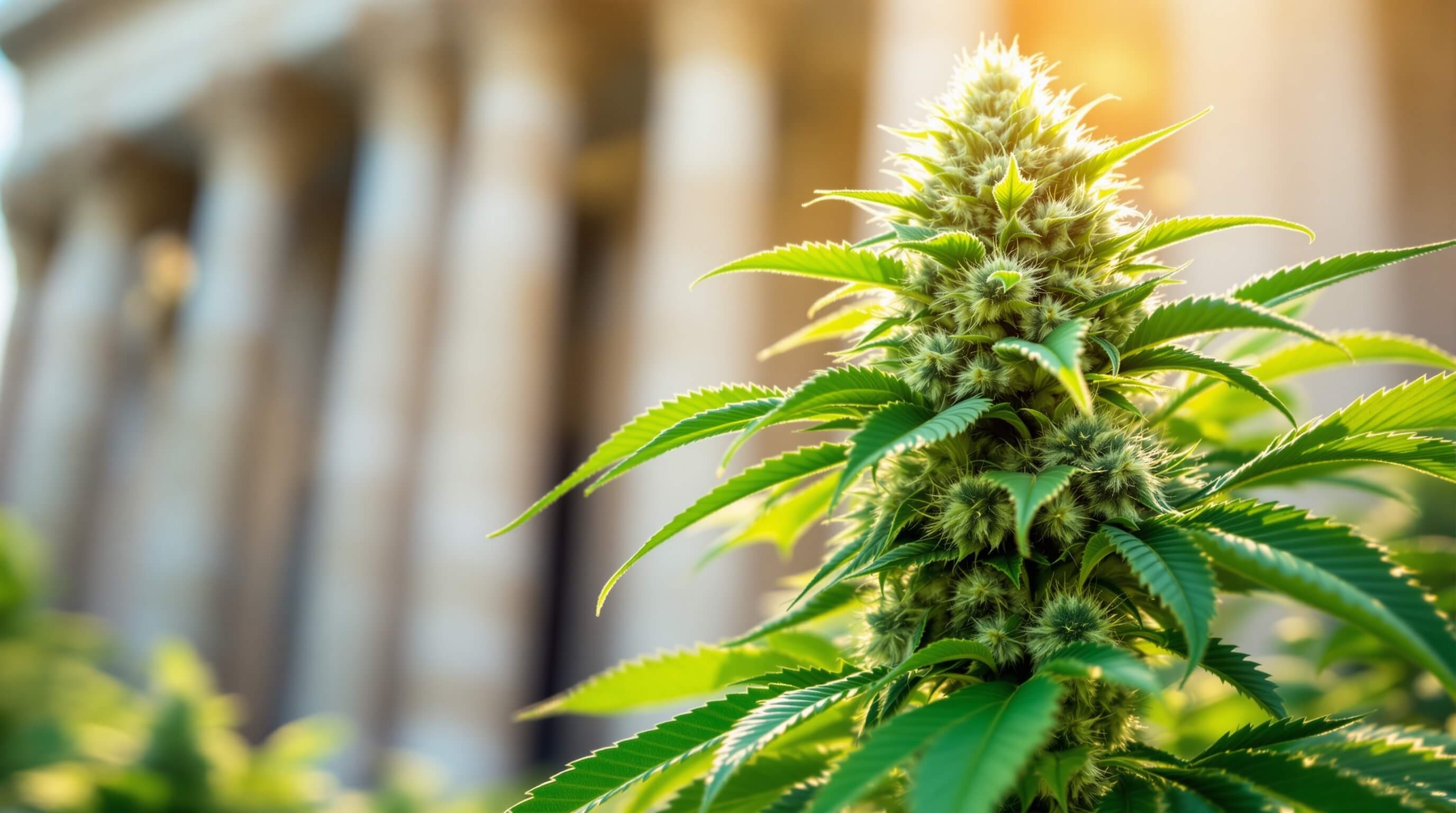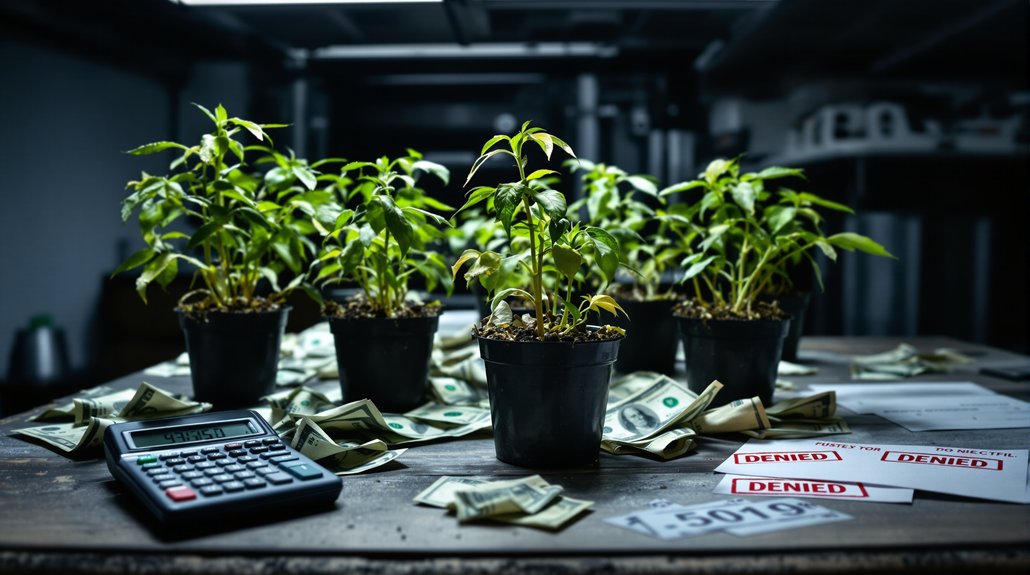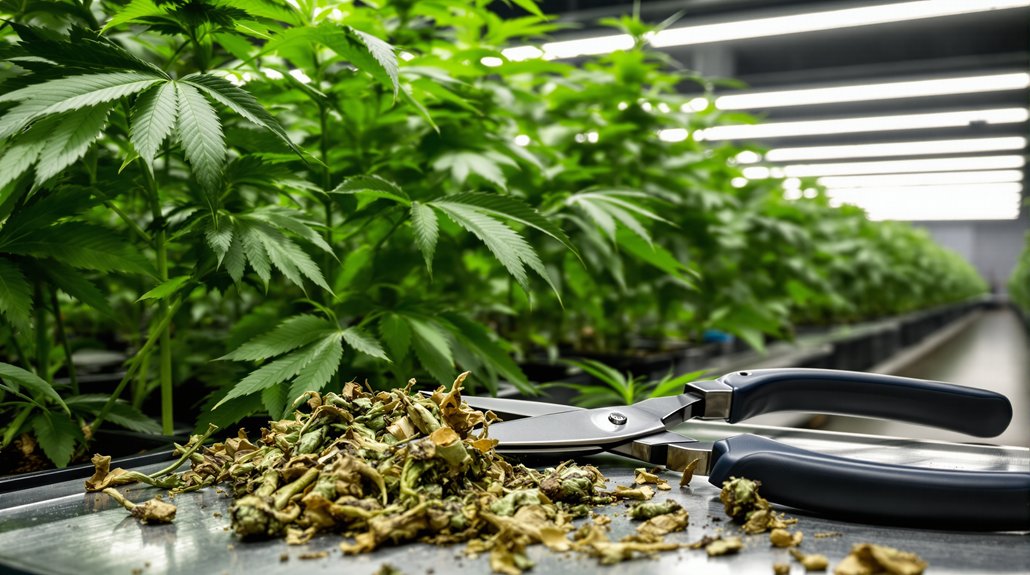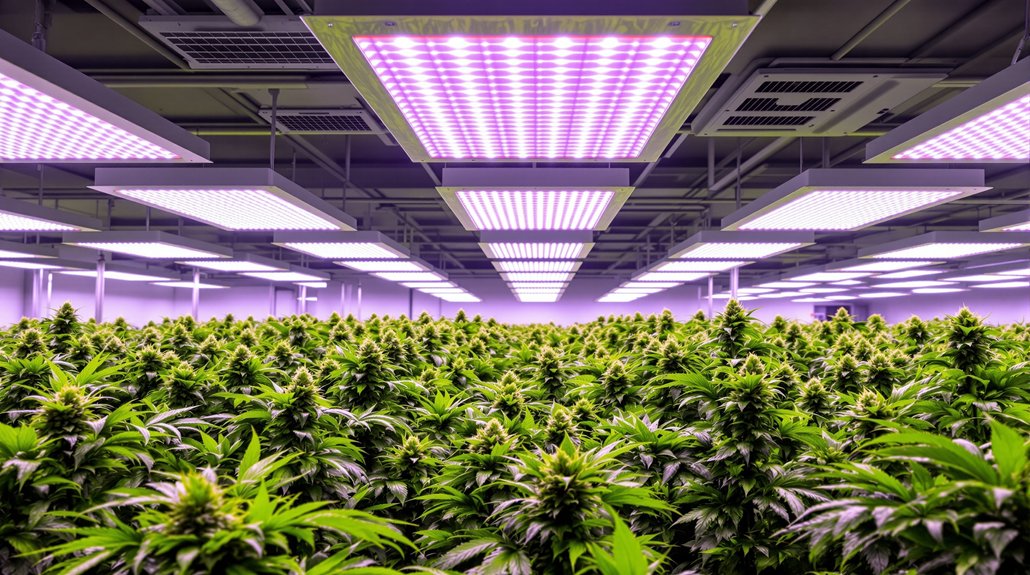While many California counties struggle with declining cannabis tax revenue, Ventura County has emerged as a notable exception, reporting nearly $6.4 million in cannabis tax collections for the latest fiscal year ending June 30, 2025. This figure represents a dramatic increase of more than 40% from the previous year, positioning the county as a standout performer in an industry facing widespread challenges.
The remarkable growth stems almost entirely from a single operation: Glass House, which contributed $6.2 million of the county’s total cannabis tax revenue. The company operates 94 of the 98 acres approved for licensed cannabis cultivation in Ventura County, making it the dominant force in the local market. Glass House acquired the former Houweling Nurseries site near Camarillo in 2021 for $93 million, systematically converting the facility’s six greenhouses from vegetable production to cannabis cultivation. Glass House has positioned itself as one of California’s largest cannabis growers through this strategic expansion.
This concentration of operations contrasts sharply with neighboring Santa Barbara County, another major cannabis producer that has experienced a downturn in tax collections. Ventura County’s success highlights how local market conditions and regulatory approaches can produce vastly different outcomes, even within the same state system.
The county’s performance occurs against a backdrop of mixed signals in California’s cannabis industry. Statewide, the sector generated $237.4 million in tax revenue during the first quarter of 2025, contributing to over $7 billion collected since 2018. However, taxable cannabis sales fell to $1.09 billion in Q1 2025, indicating headwinds affecting many regions. The state’s cannabis excise tax revenue specifically supports critical programs including childcare, early childhood development, and medical research initiatives.
Ventura County’s regulatory environment has enabled large-scale cultivation while maintaining strict oversight and compliance requirements. All operations must secure licenses from both state and county authorities, with Glass House among the earliest companies to obtain local permits under the regulated market framework.
The county uses tax receipts to monitor compliance and assess industry impact, while enforcement activities underscore the sector’s continued scrutiny. Despite the industry’s growth, most cannabis businesses continue to face significant banking challenges due to federal prohibition and Schedule I classification of the substance.
Recent changes to California’s tax structure may influence future collections. The state eliminated its cultivation tax on July 1, 2022, while the retail excise tax rate increased to 19% effective July 1, 2025. These adjustments occur alongside local taxes that counties like Ventura impose on cannabis operations.
Ventura County’s success demonstrates how strategic planning and favorable conditions can generate substantial revenue growth even as other regions struggle. With Glass House’s continued expansion and the county’s established regulatory framework, this upward trend may continue, providing a model for other jurisdictions seeking to maximize cannabis tax revenue while maintaining effective oversight of the industry.









